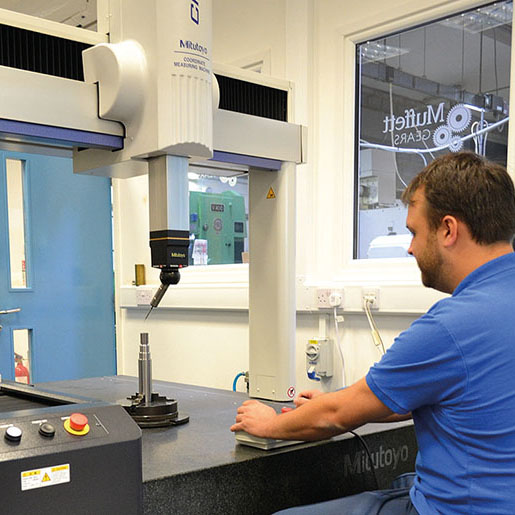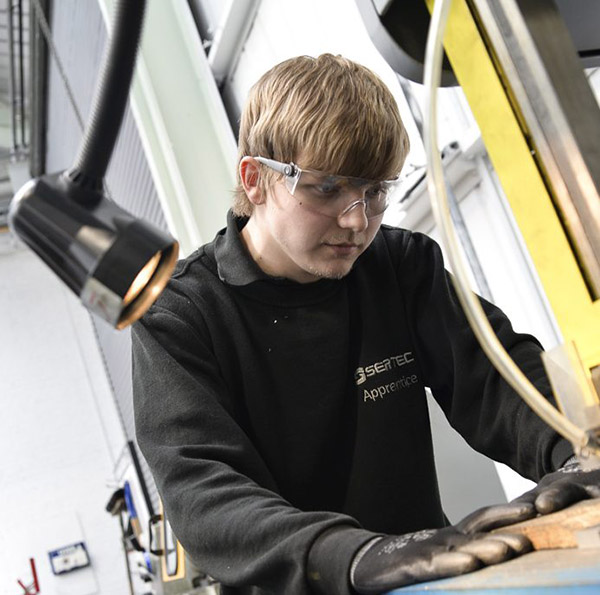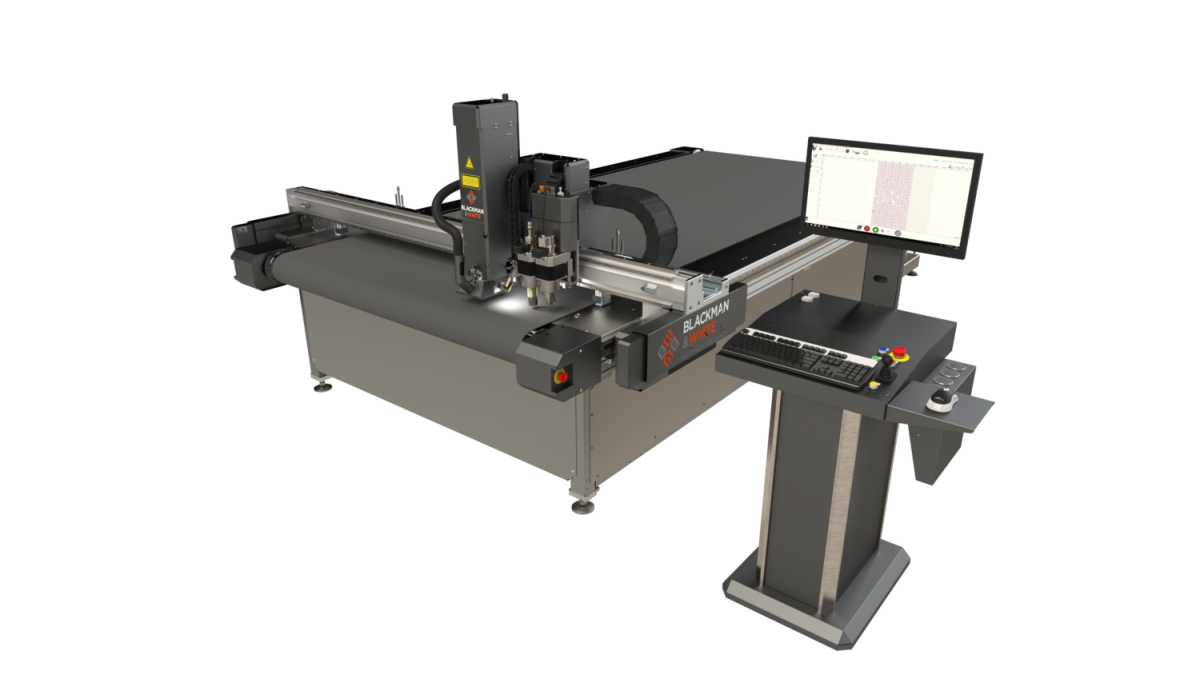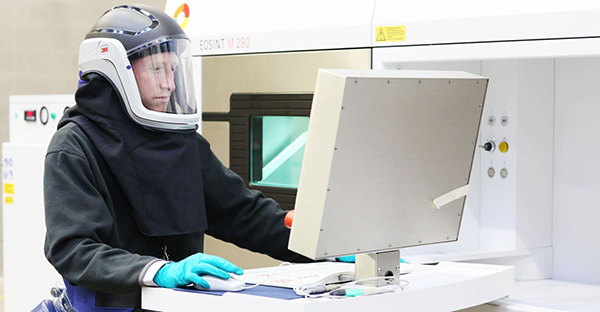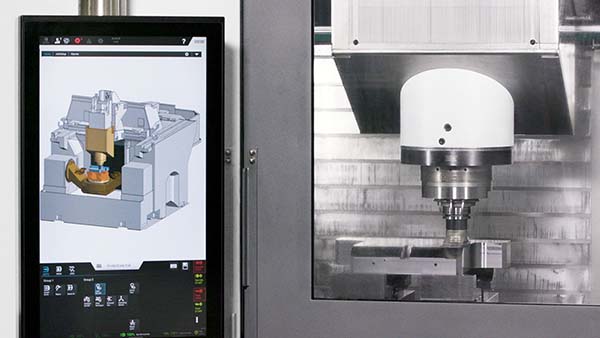
Based in Tunbridge Wells, Muffett Gears makes regular investments in cutting-edge quality-control equipment. The company’s most recent addition is a case in point: a Crysta-Apex S9106 CNC CMM from Mitutoyo UK.
Director Mark Jagelman says: “The production of precision gears and associated components requires exceptional precision and the application of exacting quality standards through all stages of production and assembly. We recently decided to replace our existing CMM for a range of reasons. For instance, the machine needed an upgrade that was due to cost £50,000. In addition, we thought that our old CMM’s running costs, including training, services and calibration, were becoming exorbitant.
“After investigating various CMM brands and models, a successful demonstration of a Crysta-Apex S9106 CNC CMM at Mitutoyo UK’s showroom convinced us that this high-specification machine was ideal for our needs,” he adds. “In addition to providing the necessary levels of precision it also had the speed of operation that could keep pace with the high volumes of work passing through our busy quality-control department.”
The Crysta-Apex S9106 has a measuring volume of 900 x 1000 x 600 mm. As well as measuring large, one-off parts, the CMM’s generous capacity also makes it possible to inspect multiple smaller components in automated, CNC, mass-measurement routines.
“Our new Mitutoyo CMM’s ability to accurately and rapidly inspect a large batch of components has further improved our quality-control department’s efficiency levels,” says Jagelman. “Notably, our inspection staff are now able to load the CMM’s bed with multiple components, quickly recall the relevant part program and instigate a fully automated inspection procedure. On completion, we can generate a detailed inspection report relating to each component.”
For further information
www.mitutoyo.co.uk






